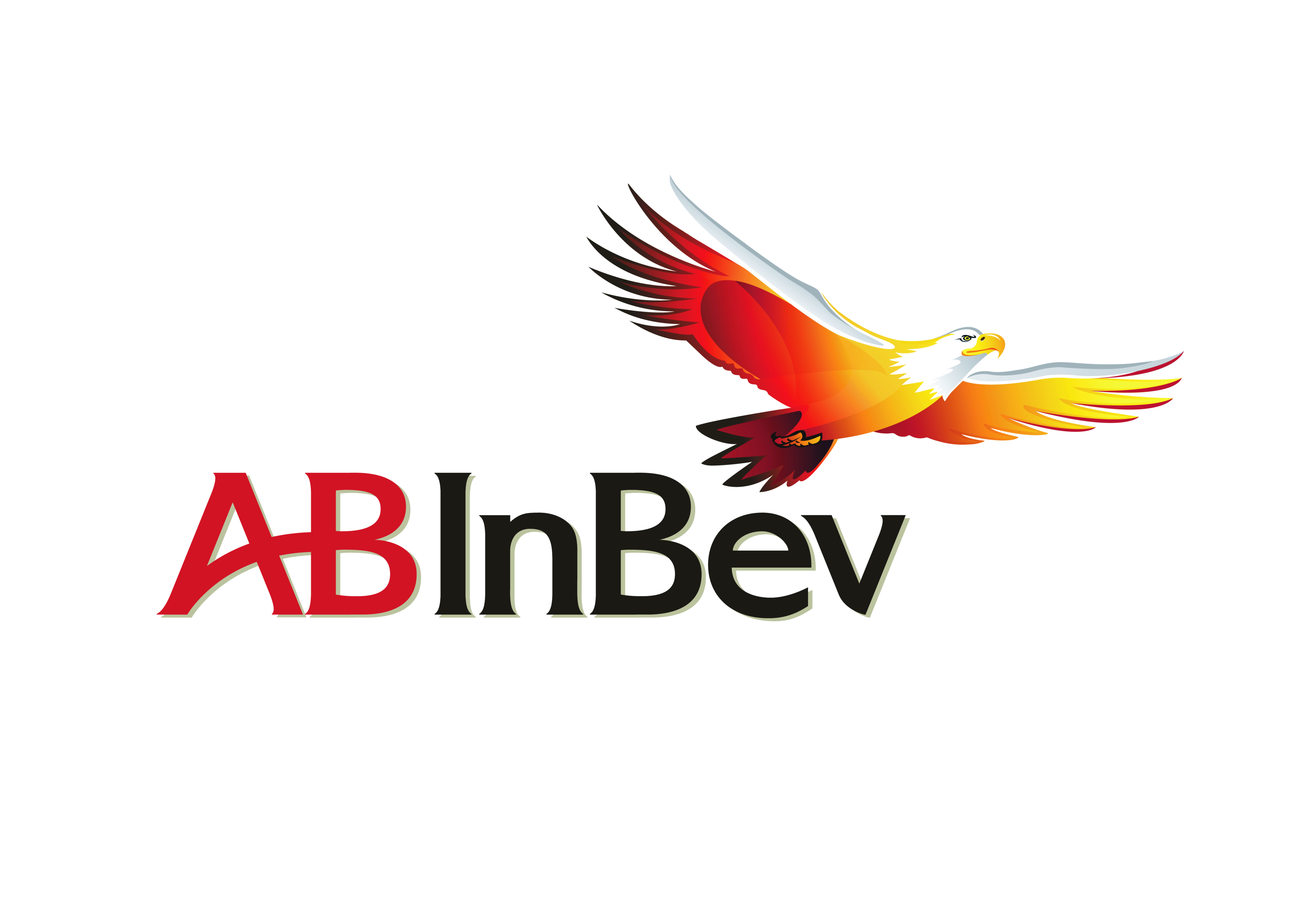Lost
If it’s Wednesday, It Must be Belgium (or is that Brazil?)
What happened to big U.S. breweries being owned by Americans? (Correct that to North Americans; no, we need to be more specific—North Americans who are citizens of the U.S.A.). Well, there’s no need to be jingoistic about it, but here’s the scorecard and it’s bloody confusing:
Beer comes. Beer flows. And, alas, beer goes. As does the year. Here’s a quick look at the last year in beer. Who and what are no longer with us, as well as the always more exciting, “What’s new?” To paraphrase Benjamin Franklin: “Lost beer is never found again.”
SABMillerCoorsMolson
The SAB stands for South African Breweries (with HQ in London, not Johannesburg). A few years ago this brewer bought Miller to form SABMiller. A few years later Coors merged with Molson of Canada to form MolsonCoors. This year Miller merged with Coors to form MillerCoors.

A-B-InBev
Earlier this year, Anheuser-Busch gave in to an almost-hostile takeover from the world’s biggest brewer, InBev (which itself is the result of a merger a few years ago of giant Belgian brewer Interbrew with Ambev, a giant Brazilian brewer). By the end of 2008, InBev was supposed to have swallowed A-B, but the international monetary crisis may or may nor scuttle that deal.
Carlsberg-Heineken-Scottish & Newcastle
Carlsberg of Denmark and Heineken of the Netherlands bought Scottish & Newcastle of the United Kingdom and carved up S&N’s brewery holdings around the world. For those of us in the U.S., this means that Newcastle Brown Ale is now owned and imported by Heineken’s U.S. importer, HUSA.
What’s it all mean? Pete Reid, publisher and editor of Modern Brewery Age, an industry trade magazine, said this has been the “biggest year ever for beer news. The whole structure of the industry shifted to a duopoly, controlled by foreign multinationals. Most of the import sector was already controlled by foreign firms (and all importers selling foreign beers, obviously), so now 96 percent of the U.S. beer industry is dominated by foreign interests.”
Micros are a huge focus of better beer for All About Beer readers, but A-B, with its own craft-like beers and its financial interested in craft breweries (Redhook, Widmer, Goose Island, Kona, Old Dominion) is now basically the largest single player in craft-style beers, and A-B will be owned by InBev. The question on the table: Will InBev care a rat’s ass about craft beers?
2008 Losses
Bill Leinenkugel, for many years the president of Jacob Leinenkugel Brewing, died on September 22. He joined the company as a salesman following World War II and served as president from 1971 to 1986, the fourth generation of his family to do so. When he retired, his son Jake Leinenkugel stepped into the position heading the nation’s seventh oldest brewery. Bill L. served the beer industry as a director and past president of the Brewers Association of America and director and secretary of the Wisconsin State Brewers Association.
Jay Misson, head brewer for the Triumph brewpubs of Pennsylvania and New Jersey, died on June 9. Mission had also brewed at Vernon Valley Brauhaus Brewery at Action Park Water Park in Vernon Township, NJ, and at Gordon Biersch in California.
Matt Luhr, the brewer at Dillon Dam Brewery in Dillon, CO, died on October 16. His brown ale received a gold medal at the recent Great American Beer Festival just days before his death.
First It’s Here, Then It Ain’t
Miller launched, tested, announced a national roll-out and then killed the Miller Lite Brewers Collection because the brand did not perform as well as hoped in test markets. These beers, which included Miller Lite Wheat, Miller Lite Amber and Miller Lite Blonde Ale, were designed to be light beers with something of the flavor of craft beers. They were pretty good. Miller will instead focus its attention on its priority brands: Coors Light, Miller Lite, Blue Moon, Miller High Life, Keystone Light and MGD 64 (which has been performing well as it ramps up for a national launch).
Coors discontinued the Zima line of almost-beers due to challenging malternative sales and declining consumer interest in the category. Coors is asking retailers to replace Zima with Sparks.
U.K. brewer Charles Wells has lifted Young’s Winter Warmer and Young’s Oatmeal Stout from the United States. Theakston’s Old Peculier is gone from U.S. shelves, too. So is McEwan’s Scotch Ale from Scottish Courage in Edinburgh.
Stone Coast Brewing of Maine is out of business.









